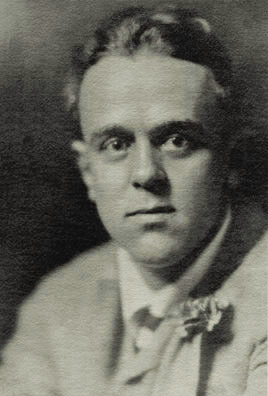
John Reed Clubs
The John Reed Clubs (1929–1935), often referred to as John Reed Club (JRC), were an American federation of local organizations targeted towards Marxist writers, artists, and intellectuals, named after the American journalist and activist John Reed. Established in the fall of 1929, the John Reed Clubs were a mass organization of the Communist Party USA which sought to expand its influence among radical and liberal intellectuals. The organization was terminated in 1935.[1][2][3][4]
"John Reed Club" redirects here. For the band, see Ivy League Records.Successor
October 1929
1935
102 West 14th Street, NYC
English
Founders Mike Gold, Walt Carmon, William Gropper, Keene Wallis, Hugo Gellert, Morris Pass, Joseph Pass
Workers Cultural Federation
chapters in Boston, New York City, Newark, Philadelphia, Chapel Hill, Indianapolis, Chicago, Detroit, Milwaukee, Grand Rapids, Los Angeles (Hollywood), Carmel, San Francisco, Portland, Seattle
History[edit]
1929[edit]
In October 1929, the John Reed Club was founded by eight staff members of the New Masses magazine to support leftist and Marxist artists and writers. They included: Mike Gold, Walt Carmon, William Gropper, Keene Wallis, Hugo Gellert, Morris Pass, and Joseph Pass.[1]
According to Alan M. Wald, The John Reed Clubs were not founded by the Communist Party. New Masses managing editor Walt Carmon became frustrated with a group of young writers who were hanging out in the office and getting in his way.[5] He told them to "go out and form a club" and "call it the John Reed Club."[5] The John Reed Clubs would be a constant source of drama within the New Masses family, and members of the Clubs would eventually found the Partisan Review, which became a main competitor to the New Masses.